There are many people throughout history who have changed the world, for better or for worse. But what made them do it? Why did they dedicate their lives to changing the course of history? In this blog, we will explore the motivations of three such people:
10- J. Robert Oppenheimer
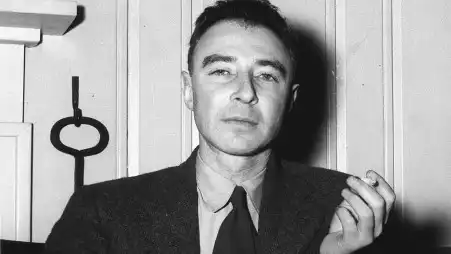
Photo Credit : History
Born in New York City in 1904, Oppenheimer was a prodigy who showed a remarkable aptitude for science from a young age. He attended Harvard University, where he studied physics and became interested in the new field of quantum mechanics.
After graduating from Harvard, Oppenheimer went to work for the University of California at Berkeley, where he continued his research on quantum mechanics. In 1939, he was recruited to the Manhattan Project, a top-secret government initiative to develop the atomic bomb.
As the head of the project, Oppenheimer was responsible for directing the team of scientists who were working on the bomb. He played a key role in the development of the weapon, and his work on the project helped to make the atomic bomb a reality.
On July 16, 1945, the Manhattan Project successfully tested the atomic bomb in New Mexico. A few weeks later, on August 6, the bomb was dropped on the Japanese city of Hiroshima, killing tens of thousands of people.
The atomic bomb was a devastating weapon, and its use on Hiroshima marked the beginning of the atomic age. Oppenheimer had a profound impact on the course of history, and his work on the Manhattan Project was a seminal event in the development of nuclear technology.
9- Marrie Curie
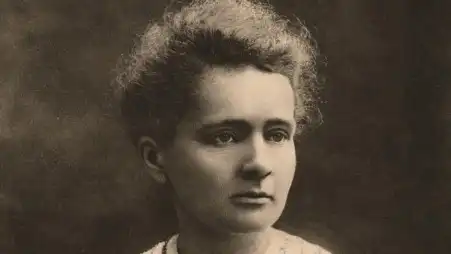
Marie Curie was born in Warsaw, Poland in 1867. Curie was a physicist and chemist who was the first woman to win a Nobel Prize. She also won the Nobel Prize in Chemistry in 1911 and in Physics in 1903. Curie’s work changed the way we think about the atom and radiation.
Curie’s first major discovery was in 1898 when she and her husband Pierre discovered radium. Curie also developed the theory of radioactivity, which is the process of turning one element into another. Curie’s work on radiation has helped us to learn more about cancer and other diseases. Curie was a great scientist, but she was also a great teacher. She founded the Radium Institute in Paris, which was the first institute devoted to the study of radiation. Curie also encouraged other women to become scientists, and she helped to establish the fields of radiochemistry and nuclear physics.
8- Sardar V. Patel
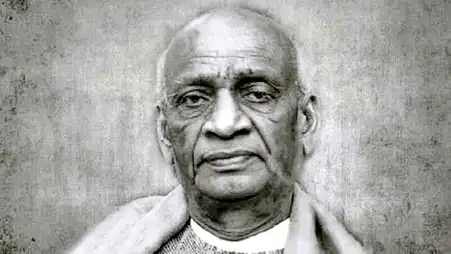
Sardar Vallabhai Patel was an Indian independence activist and the first Deputy Prime Minister of India. He was a major figure in the Indian independence movement and is considered to be the “Iron Man of India”. Born and raised in the Gujarat region of India. Then joined the Indian National Congress in 1920 and became a leader of the party in the 1930s. Patel was a key figure in the negotiations with the British Crown in the early 1940s, in the run-up to Indian independence. He was imprisoned for several years for his activism. He is the reason why India is not divided into many different smaller countries.
After independence, Patel became the first Home Minister of India. He was responsible for integrating the princely states into the Indian Union, Also oversaw the establishment of the National Bank of India, Indian Airlines, and the Life Insurance Corporation of India. Known for his political acumen and for his tough stance on law and order. He died in 1950, shortly after resigning from the cabinet due to ill health.
7- Albert Einstein
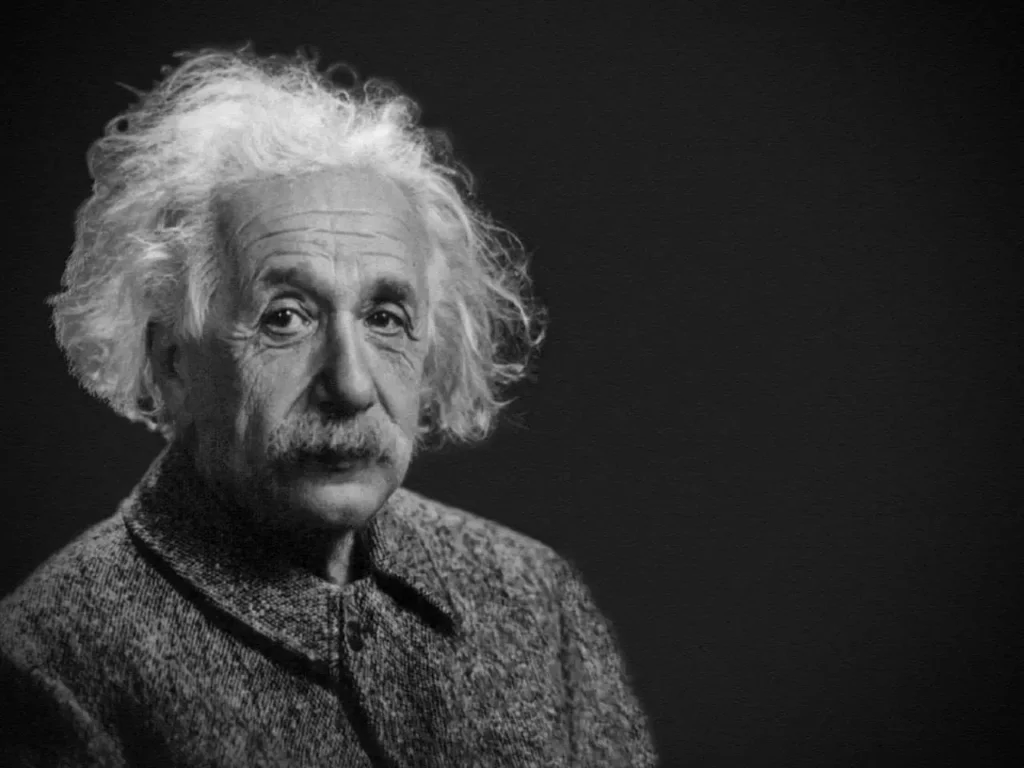
Albert Einstein was born on March 14, 1879, in Ulm, Germany. Einstein’s father was a salesman who did not have a high school education. His mother was a homemaker. Einstein was slow to learn to speak. When he was three, his parents moved to Munich, where his father hoped to start a electrical equipment company. However, the company failed, and the Einsteins moved to Italy. In 1895, at the age of 16, Einstein took the entrance exam to the Swiss Federal Polytechnic School in Zurich. He failed the first time, but passed the second time and was accepted. At the school, Einstein studied math, science, and physics. He also learned to play the violin. In 1902, Einstein graduated from the school and got a job as a patent examiner in the Swiss patent office.
In 1905, Einstein published five scientific papers. These papers were about the nature of light, the photoelectric effect, Brownian motion, the special theory of relativity, and mass-energy equivalence. The papers changed the way people thought about science. In 1908, Einstein became a professor at the University of Zurich. In 1916, Einstein published his theory of general relativity. This theory explained the force of gravity. In 1921, Einstein was awarded the Nobel Prize in physics for his work on the photoelectric effect.
6- Julius Caesar
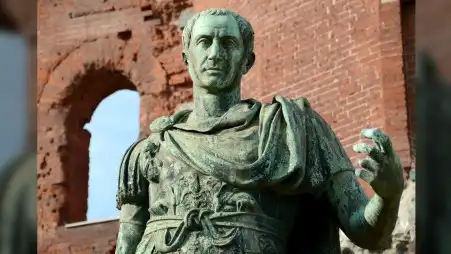
Julius Caesar was a Roman general and politician who played a critical role in the events that led to the demise of the Roman Republic and the rise of the Roman Empire. Caesar was born into a patrician family in 100 BC, and after a successful military career he was elected to the Roman Senate in 59 BC. He was appointed governor of Gaul in 58 BC, and during his tenure he led a successful campaign against the Celtic tribes in the north of the country.
In 52 BC, Caesar was appointed dictator of Rome, and he used his position to pass a series of controversial reforms.These reforms made him extremely unpopular with the Roman aristocracy, and in 49 BC, a group of senators led by Caesar’s former friend, Marcus Junius Brutus, assassinated him. Julius Caesar was a brilliant general and politician, and his reforms helped to transform the Roman Republic into the Roman Empire. His assassination was a watershed moment in Roman history, and it ultimately led to the rise of one of the most successful empires the world has ever seen.
5- Adolf Hitler
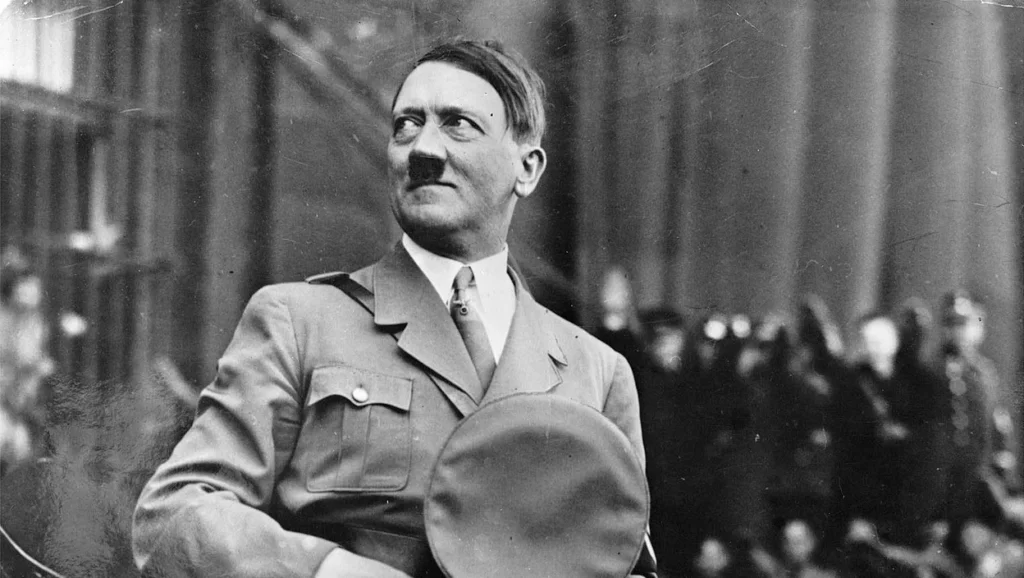
Adolf Hitler was a notorious dictator who led Nazi Germany throughout World War II. He is primarily known for his role in the Holocaust, the genocide of six million Jews. However, his impact on world history extends far beyond this one act.
Born in Austria in 1889, Hitler enlisted in the German army during World War I. He was awarded the Iron Cross for bravery but was also wounded and gassed on the battlefield. This experience seems to have had a significant impact on him, as he returned to Germany with a deep hatred for the Jews and a fervent belief in the superiority of the German race.
In the early 1920s, Hitler joined the Nazi party and quickly rose through the ranks, becoming its leader in 1933. Under his rule, the Nazi party became a totalitarian dictatorship, and Hitler began implementing his racist policies on a large scale. These included the segregation of Jews into ghettos, the outlawing of Jewish businesses, and the eventual extermination of six million Jews in concentration camps. Hitler’s rule came to an end in 1945, when he committed suicide as the Allies advanced on Berlin.
4- Nikola Tesla
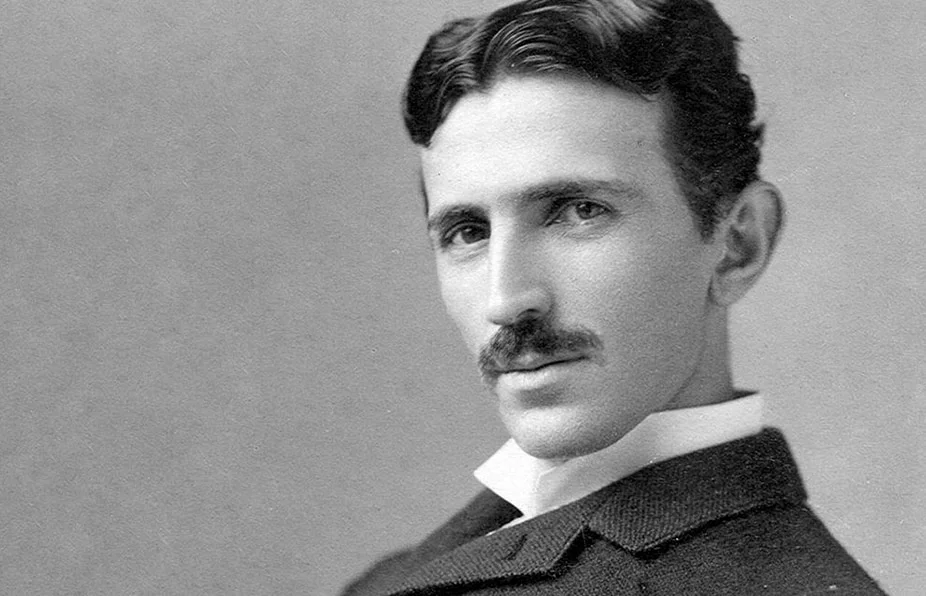
Nikola Tesla was one of the most important inventors in history. He was born in 1856 in what is now Croatia, and he died in 1943 in New York. Tesla was a brilliant inventor who made important contributions to the development of electricity and the electric motor. He also developed the first wireless communication system, which is the basis for modern cell phones and the internet.
One of Tesla’s most important inventions was the Tesla coil. The Tesla coil is a device that produces high-voltage, high-frequency electricity. It is used to power televisions, radios, and other electronic devices. The Tesla coil is also used to generate the electric fields that power artificial lightning displays.
3- Aryabhatta
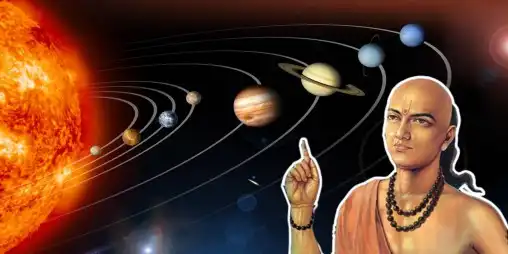
Aryabhatta was born in 476 CE in Kusumapura, which is now known as Patna, in the modern-day state of Bihar in India. He was born into a family of Brahmins, and his father was a renowned mathematician and astronomer. Aryabhatta received his education from his father, and also from other scholars of the time.
Aryabhatta is considered to be the founder of the mathematical field of algebra, and he also made significant contributions to the field of trigonometry. He is also credited with the invention of the symbol for zero, and he was the first to propose a model of the solar system in which the sun was at the center.
Aryabhatta’s work had a significant impact on mathematics and astronomy, and his contributions continue to be studied and appreciated to this day.
2- Louis Braille
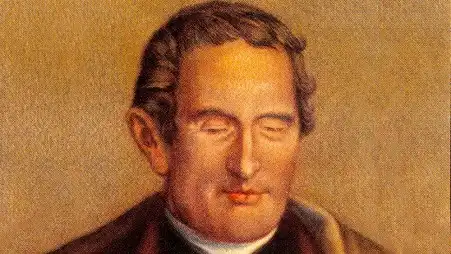
Photo Credit: Investors
Louis Braille was born in 1809 in a small village in eastern France. He was blind from birth. When he was three years old, his father, a leatherworker, took him to the National Institute for the Blind in Paris. There, Braille learned to read and write using raised dots that could be felt with his fingertips.
In 1821, Braille invented a new system of writing for the blind that is still used today. His system has raised dots that represent letters of the alphabet, numerals, and punctuation marks. Braille’s system made it possible for blind people to read and write in a way that was easy and fast.
Braille’s system was adopted all over the world, and he is considered to be one of the most important people in the history of the blind.
1- Genghis Khan
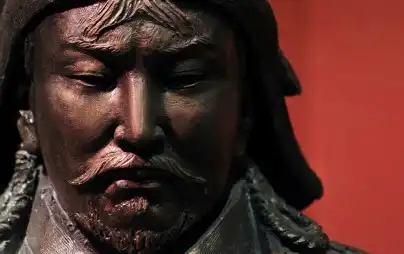
Genghis Khan was born in 1162 in Mongolia. He was the founder and Great Khan of the Mongol Empire, which became the largest contiguous empire in history after his death. He came to power by uniting many of the nomadic tribes of northeast Asia. After founding the Mongol Empire, he embarked on a series of campaigns to bring all of Eurasia under his rule.
By the time of his death, he controlled most of the Eurasian landmass, from the Pacific Ocean to the Mediterranean Sea. His conquests and military campaigns had a devastating effect on the populations of the areas he invaded, causing the deaths of millions of people. However, his dynasty continued to rule the Mongol Empire until the early modern period.
Genghis Khan is widely regarded as one of the greatest military commanders in history. He was also one of the most successful rulers of his era, expanding the Mongol Empire more than any other leader in history.


